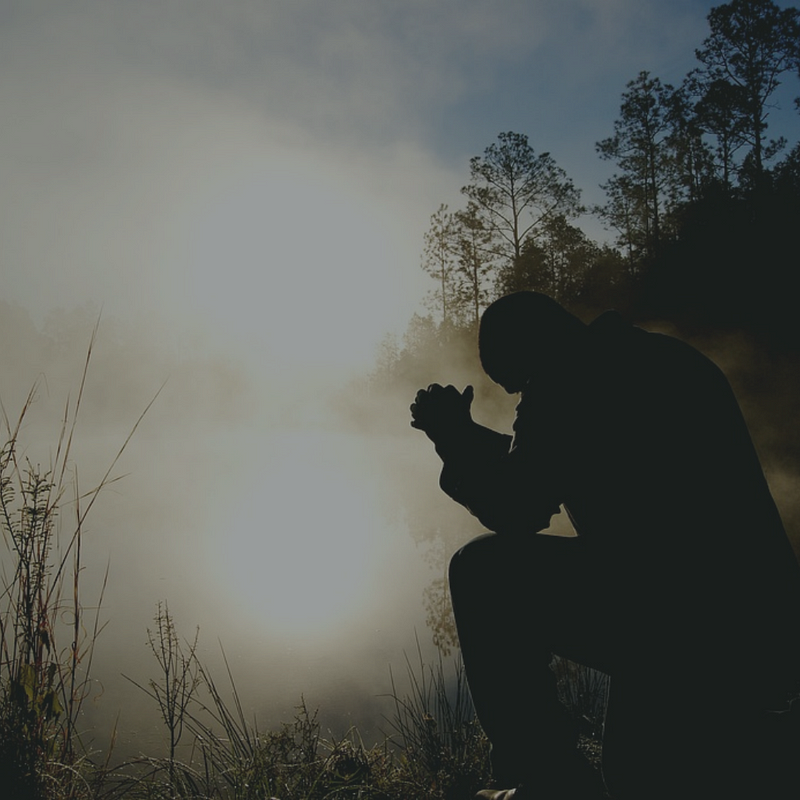There are two powerful forces that are ever-present, and which, although often constructive, can become a source of desolation. The first of these is inertia — not in the way modern physics uses this word, but more along the lines of statistical probability. There is a certain monotony and humdrum quality in our daily lives to which we become inured. The sun rises in the east and sets in the west. The farmer plants and sows and harvests. There is cold in the winter and heat in the summer. “To everything there is a season….” And so it goes: the circle of life.
This consistency and familiarity allows us to go through life with a sense of security. This predictability, often taken for granted, is crucial to our emotional survival. We feel threatened when we feel that we have lost our stability. In the event of a trauma, God forbid, the loss of predictability proves to be the most debilitating factor, psychologically and emotionally. All of the safety and order that were presumed to be part of everyday living are revealed to have been only a façade.
However, this comfort of day-to-day life may come at a steep cost, because it can impart the impression that things do not change and are not susceptible to change, resulting in a feeling that we are trapped in an immutable and uniform cycle of life. This can take away one’s belief in the power of renewal, in new beginnings, in the hope of starting again. A person who feels this way about any negative circumstance in his life — “I’m alone, I’m unemployed, I’m addicted…” — is prone to feel that the exact same set of circumstances will exist tomorrow as well. If the forces of the universe have conspired to work against him until now, why should tomorrow be any different? These thoughts can form the beginning of a depressive mindset. The inevitable result of this belief is that a person feels stuck.
The second force, which is connected to the first, is the feeling of servitude, of being subordinate and insignificant. Contemplating that we are just a speck in this massive universe could serve to humble us so that we recognize that we are part of something much greater than ourselves. This realization, applied correctly, can provide perspective and a sense of duty. But more often, thinking in this way results in our feeling that we lack all control and that what we do doesn’t really matter. It seems that the rules of the universe are immutable and certainly do not offer any hope that we have the power to effect the change that we are looking to bring about in ourselves. We are enslaved to circumstances — to the traffic light, to our boss’s demands, to our upbringing, to our genetic makeup — to an extent that we are powerless to change, to become, or to improve.

In response, the Torah provides two reasons for the observance of Shabbat: one, in order to recall that God created the world (Exodus 20:7), and two, in order to remember that God took us out of Egypt (Deuteronomy 5:11). Those two reasons provide a response to the two above mentioned forces that inhibit and hinder growth in our lives. They do so by imbuing us with the one value cherished above all others: freedom. Shabbat is the path to liberation.
First, when we bear in mind that God created the world and re-creates it on a constant and consistent basis, we are made aware of the possibility of our own renewal. Bearing in mind the creation reminds us to live our lives in a way that defies monotony and statistical probability, a creative life in which we acknowledge our own role in the creation and revelation of God’s glory in this world. We gain an awareness that gives us the capacity to accept, oppose, or confront a life of doing that seems to drag on interminably.
Shabbat comes bearing its message: “Enough! Stop! Then you may start again.” It is a reminder built into every week that we all have the ability to start again. Shabbat calls to us to remember creation: “Remember that you were created and realize that you can always begin again, just as it was ‘in the beginning’ when the spirit of God hovered over the chaos. You are not stuck in some endless quagmire.” The ultimate renewal is simply to be. Paradoxically, as it might seem, we are able to change the direction of our lives simply by standing still. Without Shabbat, there is no life. There is only an imitation of life.
Secondly, Shabbat helps us remember the Exodus from Egypt. This was not a one-time occurrence. We are constantly tasked to realize that we leave Egypt every day. Shabbat is our prompt to remind ourselves that we are now slaves to no man, and that we must free ourselves on a constant and continuous basis. We must not be slaves to technology or any illicit drives or desires, or the temporary escape of drugs, alcohol, or other palliatives. If we are not sensitive, if we are not aware, then we can become mired in our wants and never once pause to embrace life as it is. Shabbat is our beacon, our ever-present reminder, that truly nothing can enslave us. The opinions of the world cannot dictate what we will do, nor can they define our values and priorities. Our desires cannot compel us to act in a way that violates our value system.
We are constantly led about by our cravings, which pull us in all sorts of conflicting directions. Doing something you later regret simply because you weren’t able to sit for a moment and consider the ramifications of that action is the result of feeling enslaved, feeling out of control, too trapped to break the cycle.
Shabbat comes along and screams, “Be free!” One day a week, a person can taste something of the world-to-come. The 39 labors forbidden on Shabbat that shackle a person to the illusions and delusions of the six days of the week can be shattered.

From an “outsider’s” skewed vantage point, this idea of liberation couldn’t be further from the truth. For him, Shabbat doesn’t come to liberate a person but to enslave him. With its myriad restrictions, how can Shabbat be a day of freedom when the rest of the world is free to do whatever it wants? Shouldn’t a day of rest be one in which we can do whatever we want, a day of unfettered license? When a person states, “I am a Sabbath observer,” he is often met with a look of pity, as though he had confessed to some decree of confinement or prison sentence. Not being able to go anywhere you want, or do anything you desire, doesn’t sound very attractive and certainly doesn’t sound very much like freedom. This person can’t do anything! Is there anyone more deserving of sympathy? From the outside looking in, it looks as if on Shabbat everything is “no.” Those with outside eyes who have not yet experienced the liberation of Shabbat, who have not yet felt Shabbat from the inside, cannot understand that Shabbat is the ultimate expression of freedom. But for those who are inside, saying “no” to everything external and distracting, is a way of saying “yes” to one’s true self. Those who have experienced shifting from the mode of doing to the mode of being, being themselves and being in the felt presence of the Creator, can only describe this experience with one word: freedom.
(Adapted from my forthcoming book Living in the Presence: A Jewish Mindfulness Guide to Everyday Life.


